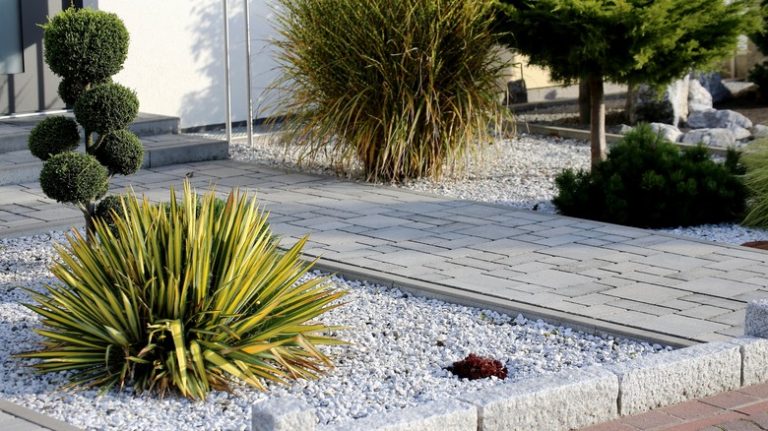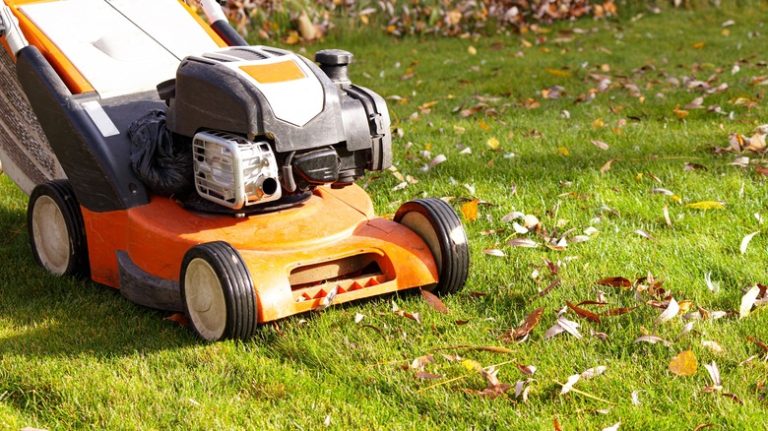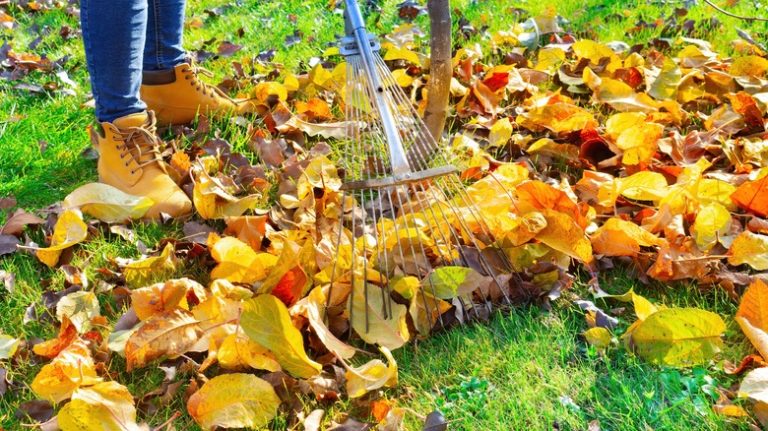To bring more birds into your yard, you could add a few more birdfeeders, but those take maintenance and continuous filling to keep the feathered friends interested. A simpler option could be not cleaning up your yard as often. In other words, keep the grass a bit higher than you currently do and allow plants that will attract birds to grow, both of which are eco-friendly ways to encourage birds to frequent your yard often.
View your yard as an ecosystem where all natural components work together to support each other, and you’ll find it’s remarkably easy to encourage birds by simply providing them with more of the resources they need to nest, eat, and support their young. By allowing your grass to grow longer before cutting it, your yard will be a better area to nest. Leave fallen twigs in place as well, especially during the late winter and early spring, to help birds create nests. As you work to add beauty to your yard with the addition of plants, consider those that will produce seeds.
This simple lawn care principle will allow you to create a very natural and welcoming space for birds — they are going to nest and spend more time near a reliable resource. You could still add a few bird feeders to your backyard for up-close viewing, but dialing back the lawn maintenance could work very well to complement your aesthetic and bird habitat needs.
Make sure your yard encourages birds to make it home
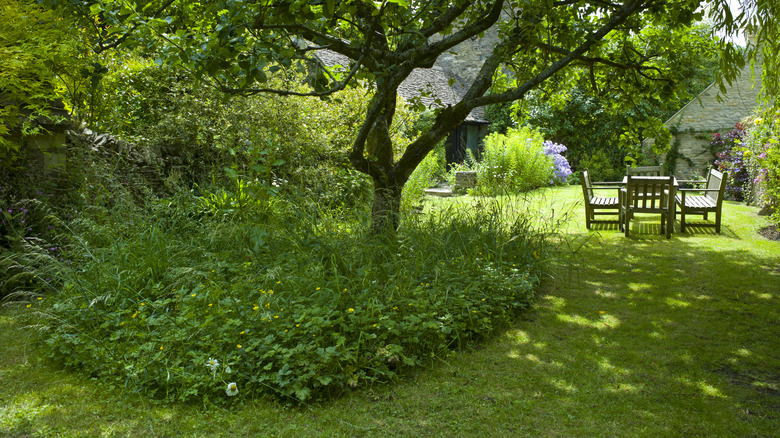
Instead of spending every weekend cutting the grass, skip it. Many birds benefit from taller grass – it will provide a safe place for them to hide from predators, for example. Allow the grass to reach 4 inches or more in height before cutting it. When you do mow, these longer blades of cut grass work well to create nests for birds, providing them with yet another reason to remain close to your home.
If you really want to make a change, stop supporting the standard turf lawn, which typically requires frequent mowing and fertilizing, neither of which are beneficial to birds. Instead, stop mowing at least a portion of your yard for a few weeks, allowing the grass to grow over time. This creates one of the most supportive environments for wildlife in general. You could transform the entire lawn or just a patch of it into a meadow to support a natural habitat.
Either way, stop applying pesticides to your lawn. Studies show that these chemicals will kill birds as well by virtue of contaminating their food supply.
Let the yard become a food resource
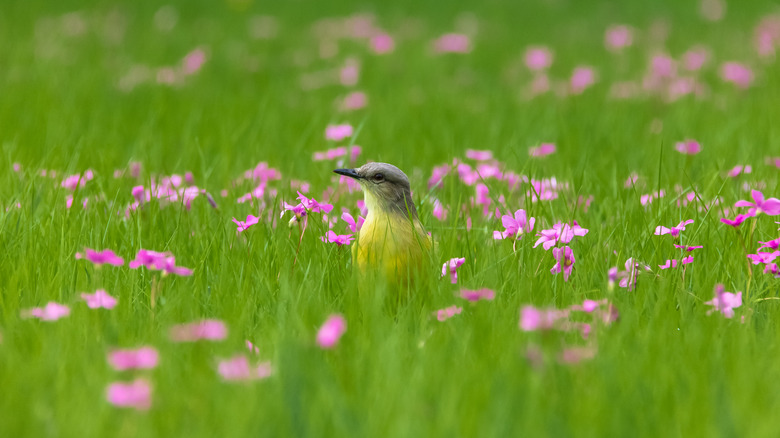
A yard with taller grass makes a suitable nesting area for birds, but it also encourages beetles to move in. Those pests become a food source for the birds. Most birds in North America depend on insects as a food source, especially for their young. When your grass is a flourishing ecosystem with a variety of insects, that keeps those birds nearby longer.
To further support a bird population in your yard, consider the flowers you grow there. Flowers such as musk mallow, knapweed, and yarrow are all great plants to add to your yard to replace at least a portion of your grass. Even better, skip weed removal. That’s going to attract more bees to your yard, which in turn allows for better bird-attracting blooms on wildflowers. A study published in Biological Conservation found that reducing your mowing to every three weeks will encourage 2.5 times as many flowers to grow in the lawn naturally.
Incorporate a few seed-producing plants into the area, too, such as purple coneflowers and sunflowers, both of which produce high-nutrient seeds that birds can benefit from throughout the year. Often, you can grow these plants right on the lawn without the need to create a flowerbed or a specific garden space.

